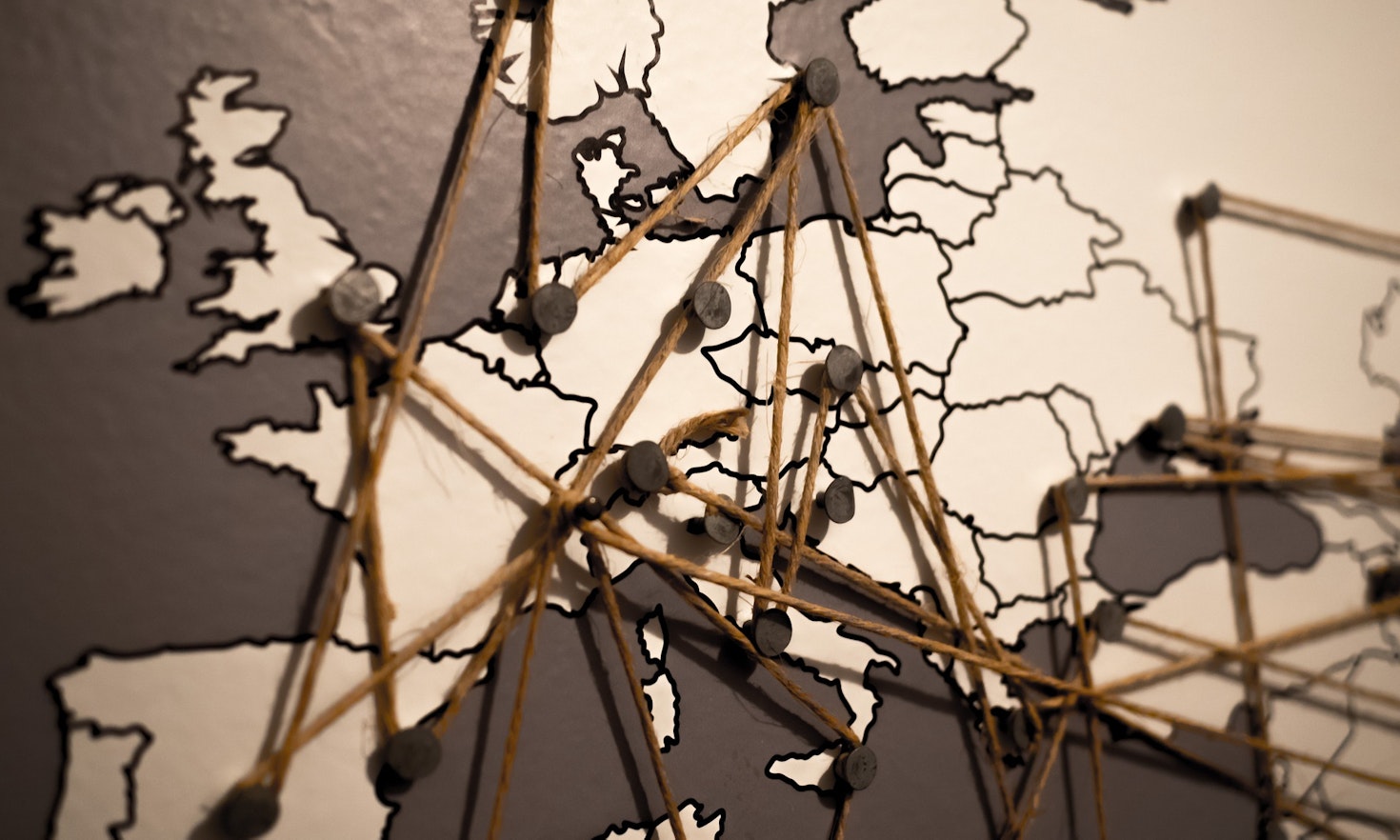The EU and Current Crises: 27 Visions from the Student Generation

Over the course of recent years, the EU has stumbled from one crisis to the next. Financial issues, migration and Brexit are just some of the aspects most frequently discussed in public and academic discourse. I was given the opportunity to converse with students from all over Europe about the current state of the Union during a conference held at the University of Florence. Student representatives from different Member States not only singled out the various facets of the current EU crisis, they also introduced specific visions, demands and proposals to meet those challenges. Join me in a recapitulation of this vivid and truly international discussion.[1]
Nationalist isolation, lack of solidarity and different interpretations of European values provoke frequent disagreement of EU countries on pressing policy matters. Alarmed to see Member States drifting apart, some of the students sitting around the conference table ask to:
1. Stand in greater unity with more alertness to shared values.
The EU needs to recognise similarities as well and differences within the Union – a demand shared by students from countries as heterogenous as Cyprus, Portugal, Greece, Latvia and the Netherlands. Their proposals aim towards the building of a shared European identity, for example, through the introduction of a true European citizenship, as proposed by students from the Netherlands. This citizenship should include not only market-oriented rights and opportunities for Europe-wide mobility, but also touch on social welfare policies, thus addressing the Union’s perceived social deficit.
The rise of Euroscepticism is linked to dissatisfaction with an elitist Union that appears to have left its citizens behind. To fill this widening gap between European citizens and their remote EU institutions, a group of students further proposes to:
2. Improve communication activities and provide for increased opportunities for political participation on the European level.
The digital world has the potential to create an extensive European communication framework, find students from Poland, Austria, Belgium, Latvia and Romania. The gap between Europe and its citizens should be filled with information and education on European matters, conveyed through the Internet and Europe-specific broadcasting channels, to give European citizens a fairer picture of the EU. Moreover, students from Austria emphasise the importance of creating more opportunities to directly participate in European political life, for example, through the introduction of online opinion polls or discussion platforms on European matters.
Other pressing concerns have to do with the rapidly changing international environment, marked, for example, by increasingly strained relationships with the US and Russia. Hence, students from Croatia, Germany, Italy, Slovenia and Sweden call for:
3. Increased cooperation in terms of security and foreign policy to meet future global challenges.
In short, the EU needs to be a stronger and more independent actor on the international stage. While the German team argues for the introduction of a European Army under the control of the EU-Parliament, the Italian team thinks more in terms of cyber security. The Swedish students, on the other hand, envision the introduction of an extensive Energy Union, thus reducing European dependency on Russian natural gas, and allowing the EU to take a more independent stance in global affairs.
Challenges and tasks ahead are also individuated in the economic area. To this end, the demand is raised to:
4. Improve and further integrate European economic governance to tackle inequality, social marginalisation, slow economic growth and the risk of future financial crises.
From an economic perspective, Europe should work towards deeper integration and risk-sharing processes – say Danish, French, Maltese and Slovak students. Malta calls for the creation of a fully-integrated European Banking Union in order to complement the existing Economic and Monetary Union, while Slovakia proposes the development of region-sensitive programmes to tackle youth unemployment and its structural roots.
Finally, the discussion turns to the overall course of European integration and to the question of future enlargement:
5. Take a clear decision on the future direction and scope of vertical and horizontal integration.
So far, proposals called for greater European unity, cooperation and integration. However, this view is not shared by all participating students. A Czech student questions the paradigm of an ‘ever-closer Union’ as a driving force behind European integration. Not every state on the continent needs to eventually join the EU, add students from Hungary. Consequently, they propose a multi-lateral framework of integration that runs through different stages of cooperation with aspiring members. Ideally, loose cooperation in terms of security, trade and culture are at the beginning of integration, and, if collaboration works out, the journey can continue over Free Trade Areas to a Customs Union, a Common Market and, eventually, final integration into the institutional framework of the EU.
To sum up: as multifaceted as the issues currently challenging the European Union are the visions that were brought forward on how this current crisis could be dealt with. Some of the ideas introduced differ in their understanding of fruitful cooperation, others link together and reinforce each other. European diversity comes to life whenever people from all over the Union come together and discuss their visions. All it takes is to embark on the debate.
Want to find out more about the specific proposals and contents of the conference? Follow this link.
[1] All the proposals discussed were introduced during the students’ conference ‘The EU and Global Challenges: 28 Ideas from the Erasmus Generation’, organised by the School of Political Science and the Jean Monnet Centre of Excellence at the University of Florence during May 2017. The student representatives were sent by partner universities from the different EU Member States, only the British partner university chose not to participate.
 | Theresia Morandell studied Political Science and Science of Communication at the University of Salzburg, which is why she formed part of the Austrian representation at the described conference. European topics have always been her preferred area of studies and she likes to puzzle over ways to bring the EU closer to its citizens. |
Citation
This content is licensed under a Creative Commons Attribution 4.0 International license except for third-party materials or where otherwise noted.

Action and reaction: What Covid-19 can teach us about Italian regionalism
 Elisabeth Alber
Elisabeth Alber![[DE] Schwächt Covid-19 Italiens Regionen? Die Frage ist, ob die krisenbedingte Zentralisierung sich verfestigt.](https://webassets.eurac.edu/31538/1599754597-erik-mclean-qvgdn0yeba-unsplashresized.jpg?w=425&h=288&fit=crop&crop=focalpoint&fp-x=0.5&fp-y=0.5&auto=[format,compress]&cs=origin&dpr=1)
[DE] Schwächt Covid-19 Italiens Regionen? Die Frage ist, ob die krisenbedingte Zentralisierung sich verfestigt.
 Karl Peter Kössler
Karl Peter Kössler
Looking for European Solidarity in Times of Crisis
 Birgit Sandu Gociu
Birgit Sandu Gociu
